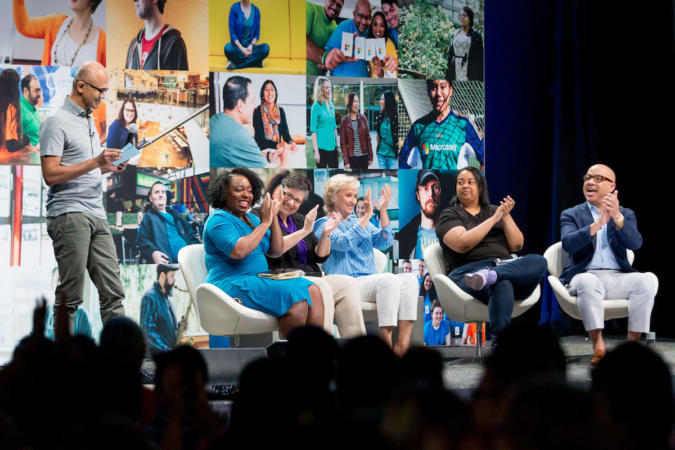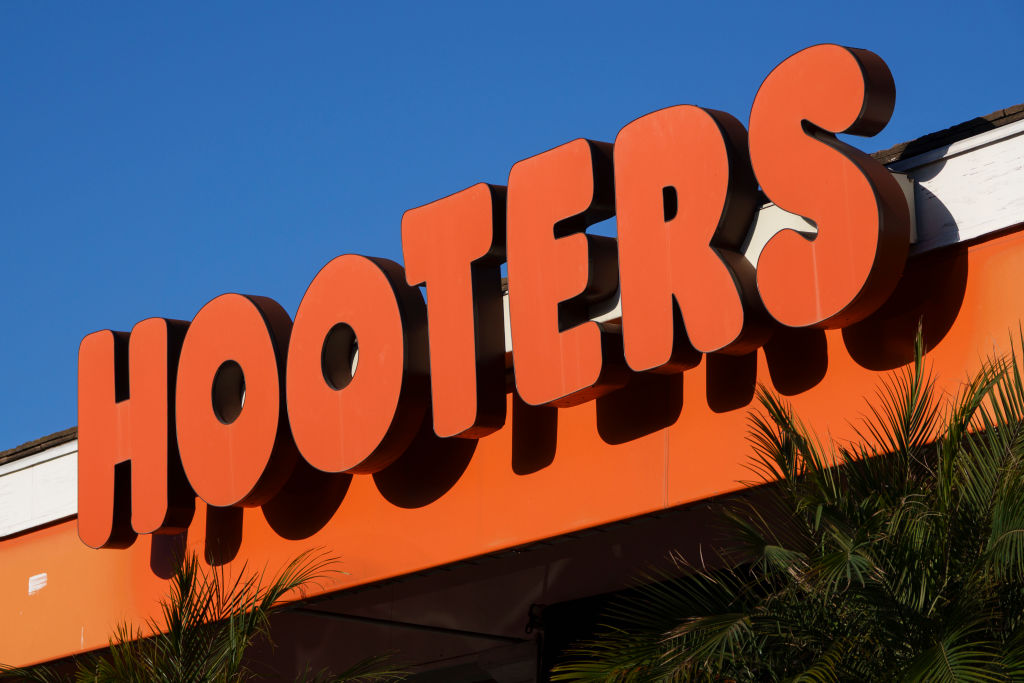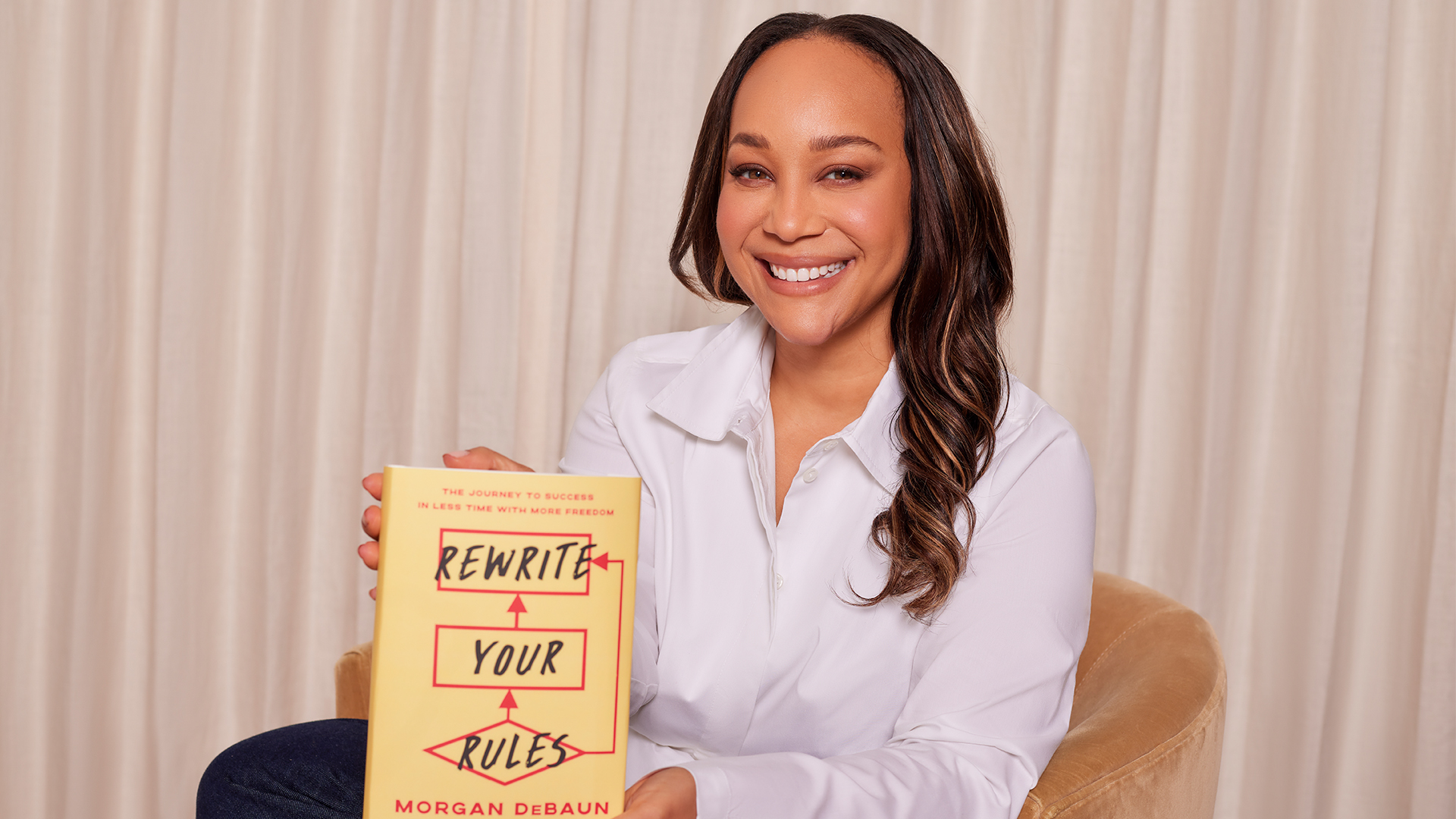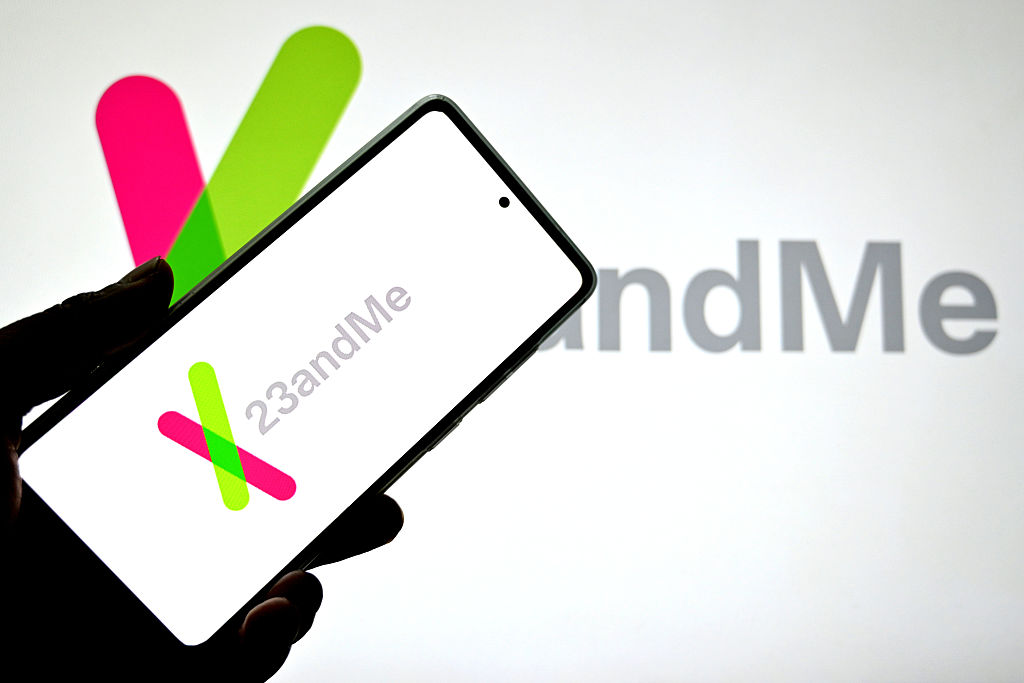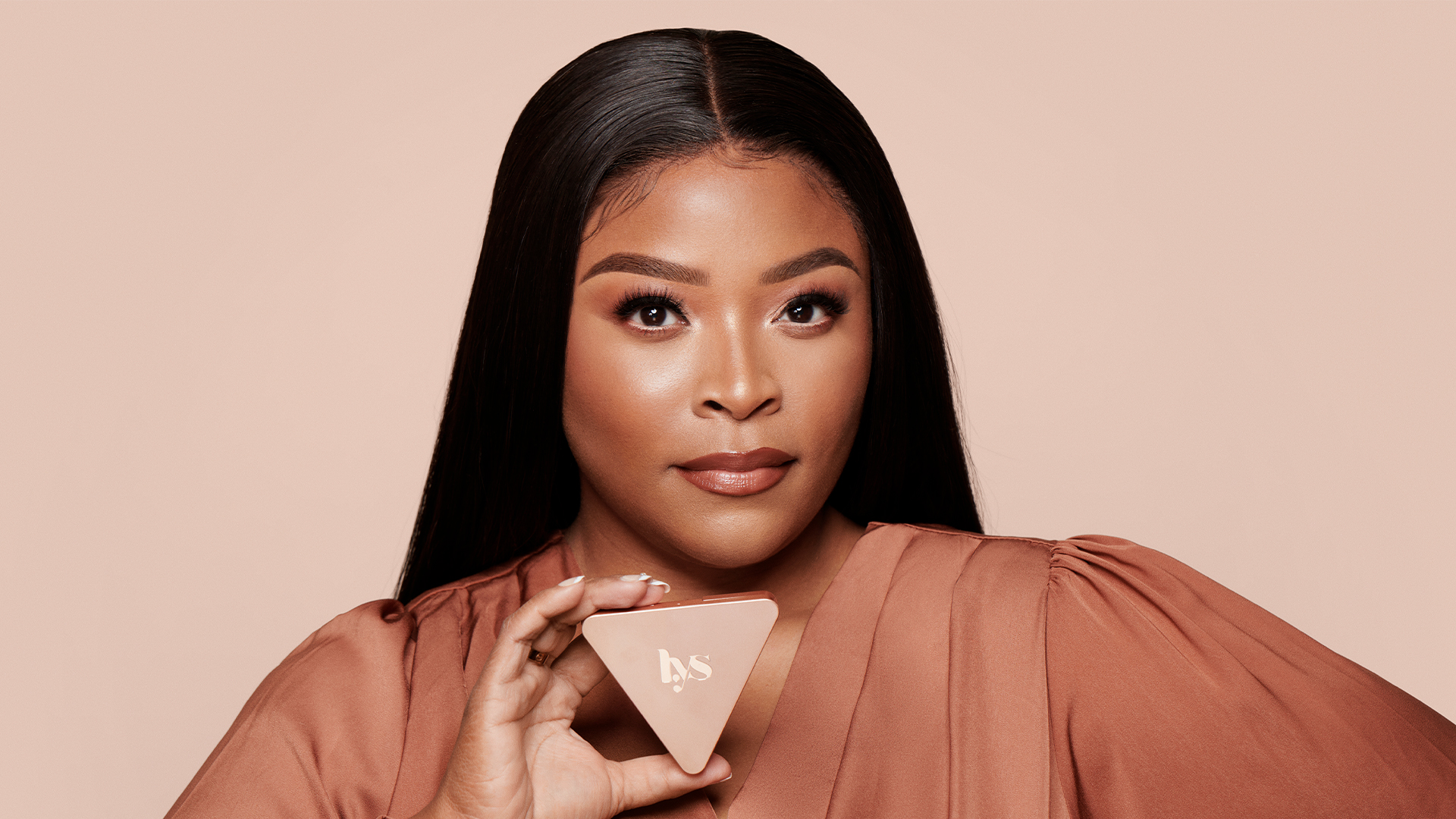Diversity and inclusion can be buzzwords in the tech world. That’s why it’s so important when brands invest in underrepresented communities and remain committed to centering diverse perspectives through every level of their business. One company that has been dedicated to diversity is Microsoft.
Founded in 1975 and publicly traded since 1986, Microsoft has long demonstrated an interest in increasing diversity in the industry it arguably transformed. For example, it established its first black employee resource group in 1989 making it the first and longest lasting diversity constituency at Microsoft. Beyond nurturing diverse talent among its ranks, Microsoft continues to cultivate new talent in the pipeline as well as in business.
Through partnerships with organizations such as Black Girls Code and Technology Access Foundation Microsoft is tackling intractable pipeline issues through education strategies and early exposure to tech. It helped Black Girls Code bring its 14th chapter to the U.S. with a program in Seattle, introducing technology and computer science to young black girls. Microsoft has partnered with TAF for a while now (the organization was founded by a former Microsoft leader) but this time it is investing in STEMbyTAF, which brings successful interdisciplinary STEM education strategies to schools to help equip students of color for success in college and in life.
“Last year, only five percent of AP Computer Science test takers were African-American and only one-quarter were young women,” Microsoft shared in the statement announcing their partnerships. Regardless of age, race or class, providing access to computer science and tech is incredibly important. Corporate investments and initiatives like the one listed above bring our community one step closer to improving the pipeline diversity issues in tech.
At the business side of the tech spectrum, we here at Blavity know and love Backstage Capital — founded by the remarkable Arlan Hamilton. If you don’t know the VC fund, it invests in new companies that are led by underrepresented founders in the U.S. (and now London). Microsoft for Startups joined forces with Backstage as well as Black & Brown Founders, which provides community, education and access to black and Latinx entrepreneurs. Together the three are working to provide opportunities for diverse startups identified by Backstage Capital and Black & Brown Founders.
In a statement announcing the partnership, Microsoft for Startups notes that less than 10 percent of all VC deals go to women, people of color and LGBT founders. It went on to announce that through the partnership, Microsoft would become a premier tech and business partner of Backstage Capital’s new accelerator program, that it would sponsor Black & Brown Founders’ Project NorthStar conference in Philly, and that it would offer the benefits Microsoft for Startups offers to eligible startup members of the organization. This includes thousands in free Azure credits, tech support and more resources that matter (and add up quickly).
But perhaps more importantly, Microsoft offers ongoing training and mentorship to underrepresented entrepreneurs as they figure out how to conquer the ins and outs of being an entrepreneur. There are even 1:1 office hours for entrepreneurs to chat with Microsoft experts in order to get the mentorship and troubleshooting advice they would need.
Companies like Microsoft clearly understand the business case for diversity – that diversity fuels innovation and that diverse founding teams regularly outperform the market average. Which is why these impactful investments in diversity mean so much. Through investments that reach students of color and empower diverse startups, Microsoft is helping to make tech more diverse and more impactful.
Will you be joining us in SF for AfroTech this year? You can find out more about these initiatives and other Microsoft opportunities by stopping by the Microsoft booth at AfroTech 2018. Can’t make AfroTech? Learn more about Microsoft opportunities for startups and entrepreneurs here.
This post is sponsored by Microsoft.
